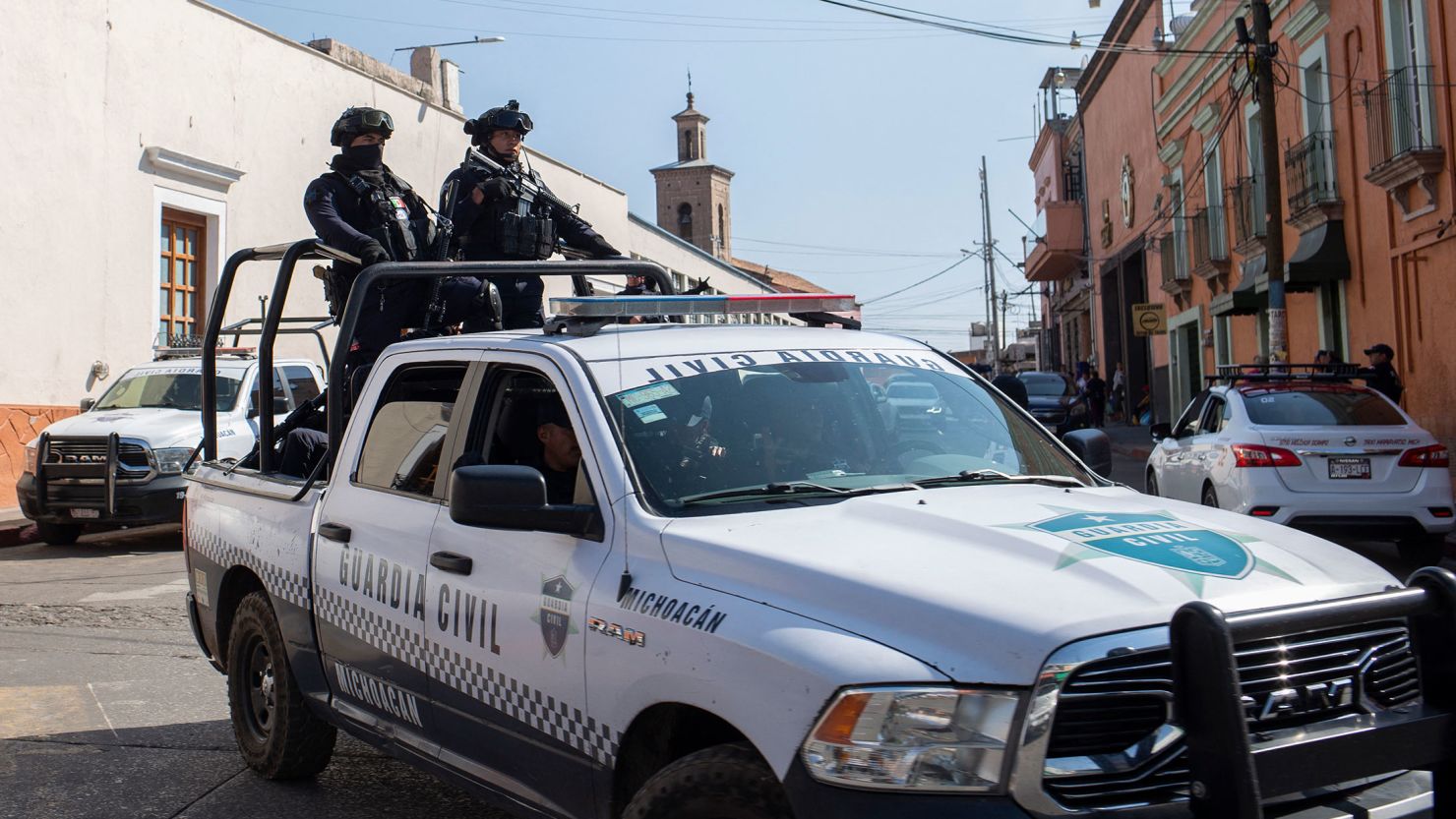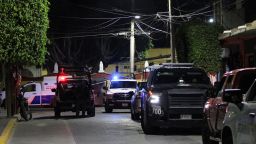Jesús Corona Damián, a candidate for mayor in Cuautla, Mexico, was in a car near his home one evening last month when two men on a motorcycle sped past and opened fire.
The day before, a local gang had sent him a threat, so that night he drove behind inches of bulletproof glass. He survived, and in remarks to reporters after the attack, struck a defiant note: “Enough of living in fear, I’m not dropping out.”
Few of the aspiring politicians targeted by Mexico’s cartels in the run-up to the country’s largest election in history have been given the chance for such resistance.
Political candidates across the country are being assassinated with staggering frequency as the powerful groups seek to clear the field for their preferred picks.
Two days before the Cuautla attack, the candidate for mayor in Acatzingo, in a neighboring state, was shot and killed in the lot of his car dealership. The week before that, the candidate in Pihuamo, running for re-election after a three-year term, was killed at an intersection near the small town’s central square.
So far this year, at least 28 candidates have been attacked, with 16 killed, according to data through April 1 from the research group Data Cívica, a figure set to outpace even the bloodiest election cycles in Mexico’s past.
“This is a crucial moment for organized crime to influence who is going to be in power, who is going to provide protection, information, resources,” said Sandra Ley, the security program director at México Evalúa, a public policy think tank.
More than 20,000 offices up for grabs
An estimated 70,000 candidates have stepped forward to participate in the June 2 election, where Mexicans will vote to fill more than 20,000 positions, including the national presidency and the governorships of nine states.
Most of the violence is centered on local races, where voters will choose a municipal president, a role akin to a mayor with broad control over their communities, managing the distribution of tax revenue and access to natural resources, and often commanding the local police forces.
In municipalities carved out of cartel hot spots, where the gangs run drug trafficking routes and infiltrate the production of cash crops, the seats have grown into the primary entry point for corrupt influence, experts say.
Candidates from across the political spectrum have been killed, but most were running with the Morena party, which was founded by Mexican President Andrés Manuel López Obrador.
As attacks on political candidates have mounted, Mexican leaders have vowed swift prosecution and rolled out an effort to shield endangered candidates with armed escorts. But analysts and party officials warn that the violence has already chilled some campaigns; dozens of candidates across multiple states have backed out of their races fearing for their lives.
“The democratic exercise is at risk,” said Guillermo Valencia, the head of the Institutional Revolutionary Party, or PRI, in Michoacán, one of Mexico’s most dangerous states.
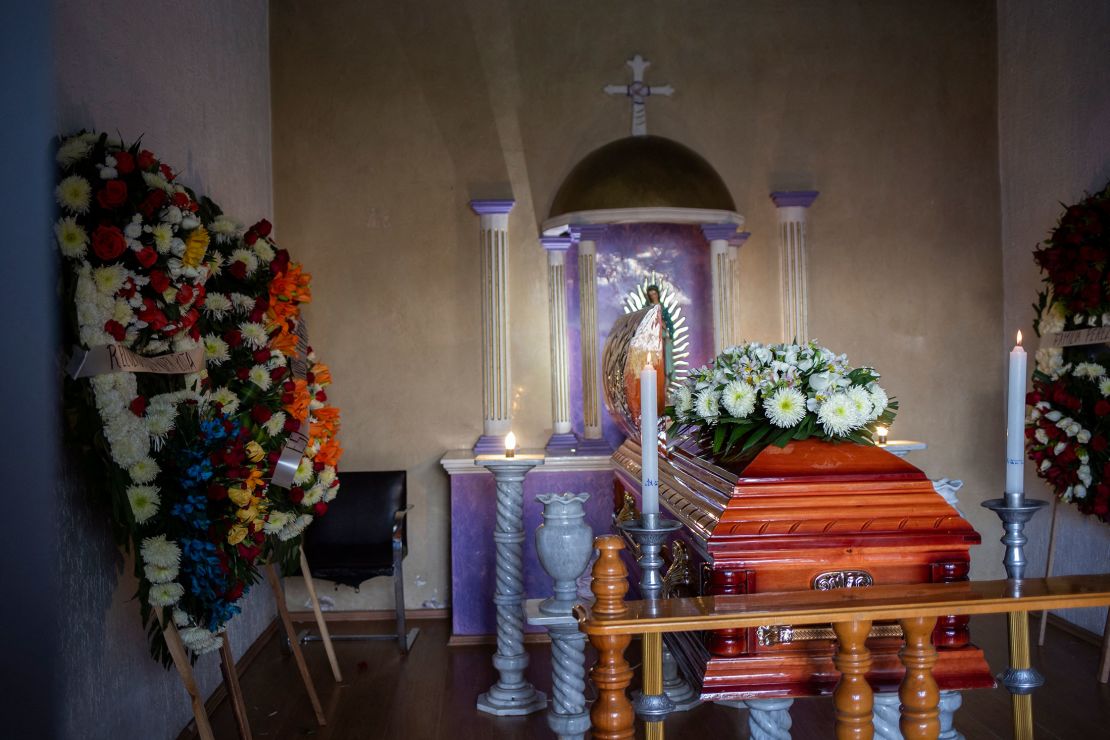
Earlier this year, after two candidates for mayor in the town of Maravatío in Michoacán were killed in a matter of hours, 10 PRI aspirants in local races across the state resigned, Valencia said, citing threats they had received from the cartels.
The center-right party, part of the national opposition coalition, is now on a “forced march” trying to enlist candidates in the state, he said. It has been left to abandon some races altogether where it cannot find a willing candidate.
“I try to offer them some security, but it’s pretty much useless. We are in a state of defenselessness,” Valencia said. “The criminal groups are getting away with it.”
‘Blind spot’ in the candidate protection program
Lucy Meza and her staff have been flooded with threatening messages and phone calls since she announced a run for governor in the state of Morelos last year.
“Drop your candidacy because if not, we are going to kill you, we are going to go after you, we are going to hunt you down,” she recalled of the warnings in an interview with CNN last week.
Meza, a former senator running with an opposition party, has been sharply critical of the state’s outgoing governor, former soccer star Cuauhtémoc Blanco, accusing him of corruption and ties to organized crime – charges he has denied.
She has proposed to more than quadruple the number of police officers in the state and to invest in technology such as facial recognition that will help authorities surveil criminal groups known to extort millions of pesos from local businesses and farmers.
As the threats continued, Meza applied this year for protection under a federal security program for political candidates. She now travels with a group of military bodyguards as she campaigns across the state.
“I am afraid that something could happen to me or to my family,” she said.
Under the security program, candidates can petition the country’s election authority for protection, and after a review, are assigned varying levels of security based on the threats they face.
At the beginning of April, 86 candidates had been approved for security protection from the Ministry of Security and Citizen Protection, according to its figures.
The program has shown some promise: During Mexico’s 2021 elections, when it was introduced, the number of attacks on candidates slowed, said Manuel Perez, an investigator at the Seminar on Violence and Peace at the Colegio de México.
Still, Perez called the program’s requirement for candidates to show they have been threatened before receiving protection a “blind spot.”
Politicians and analysts have also expressed concern that the requests take too long to approve and can be complicated by a lack of coordination between the federal and state bureaucracies responsible for providing the support.
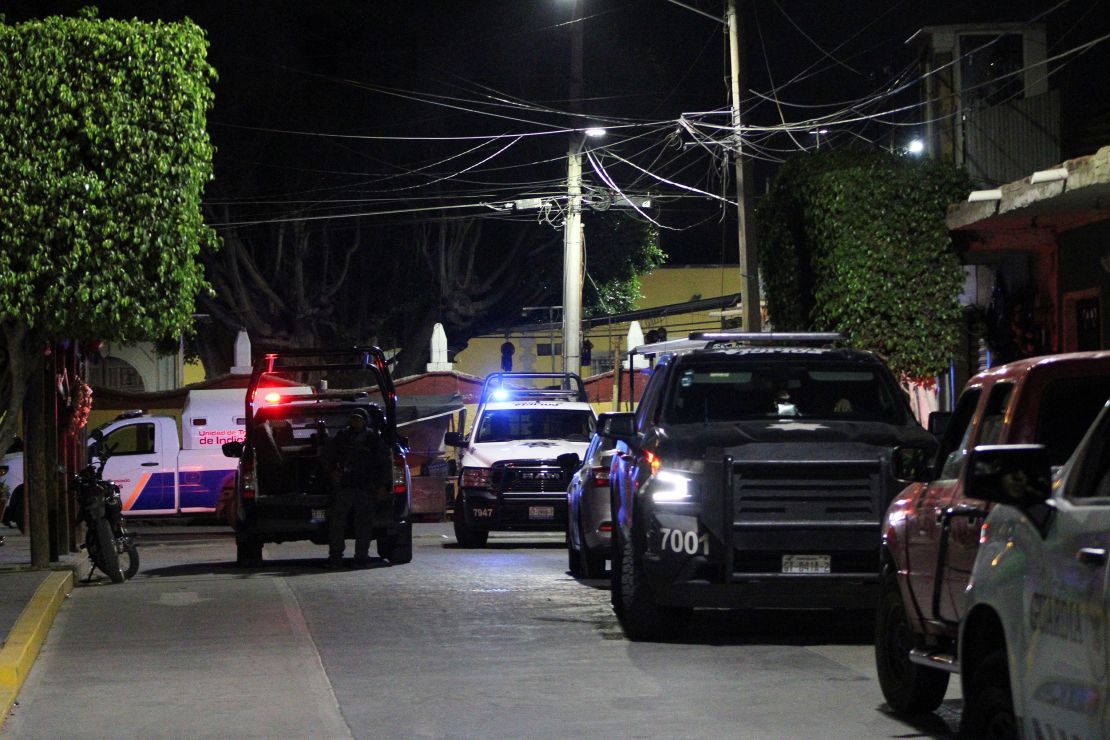
Last week, Bertha Gisela Gaytán, a candidate for mayor in Celaya, a city in the central state of Guanajuato caught in a vicious gang turf war, told reporters at a campaign event that she had requested protection through the federal program but was waiting to hear back.
Later that day, she was fatally shot.
The country’s security minister, Rosa Icela Rodríguez, has confirmed that the federal election authority received Gaytan’s request for protection in March and forwarded it to a local authority.
Authorities are investigating why Gaytán was still without protection on April 1, Icela said.
A threat to democracy itself
Throughout the campaign season, López Obrador has largely downplayed the wider significance of the attacks, arguing that his administration has driven homicide rates down.
Asked if he viewed the increase in electoral violence as a threat to Mexican democracy in a “60 Minutes” interview, López Obrador demurred, saying, “Generally, they all participate. There are many candidates from all the parties.”
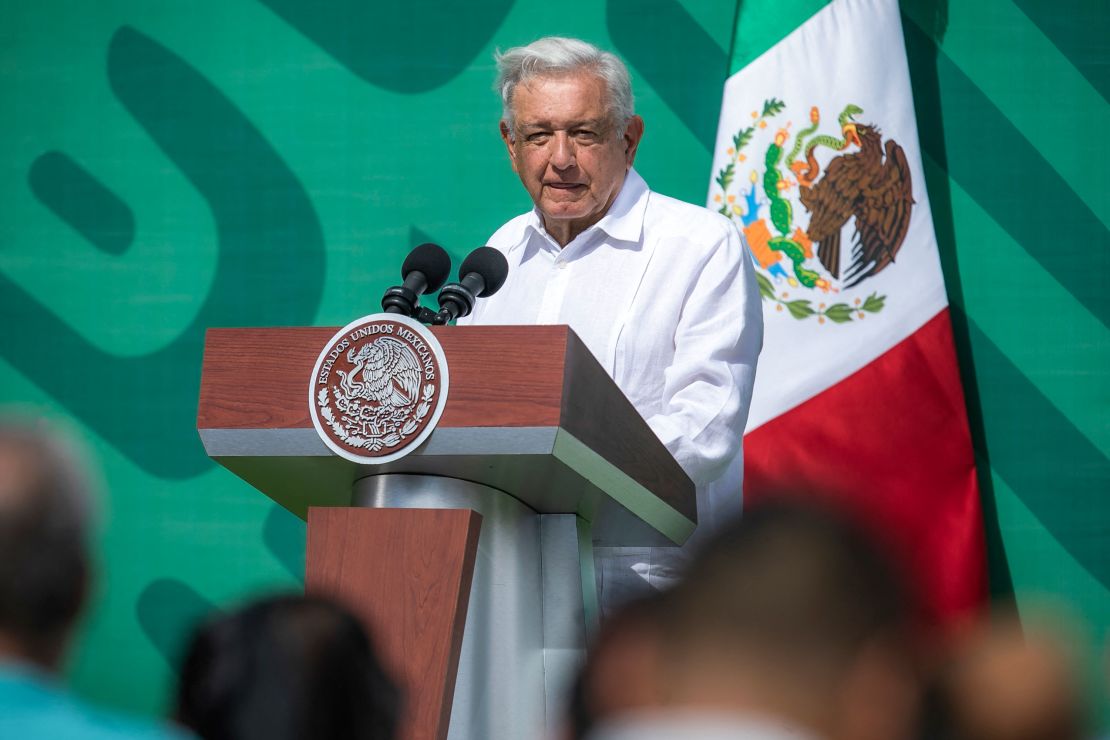
But in some of the country’s most rural reaches, where organized criminal gangs are at their most powerful, cartel-favored candidates have won races unopposed. In Jilotlán, a town of 10,000 in the shadow of the Jalisco New Generation Cartel, the last election cycle was essentially canceled.
After receiving threats from local gangs, two of the three candidates for mayor in 2021 dropped out of the race. The remaining candidate’s uncontested victory was later annulled by a federal elections court.
“The election of Jilotlán de los Dolores, Jalisco, does not meet the conditions of a free and authentic election because the insecurity generated by organized crime in that municipality had a double effect: generating non-competitive elections and limiting the vote of the citizen,” the court said, upholding an earlier ruling.
An interim council now runs the town, albeit with few of the powers of a regular government. According to Marcos Francisco del Rosario Rodríguez, the director of the department of sociopolitical and legal studies at Universidad Jesuita de Guadalajara, criminal groups have filled the void in Jilotlán, providing jobs and services to the community.
“It’s misgovernment. A municipal council has its hands tied,” he said.
An election is planned for this year in Jilotlán, but the return of an official government isn’t guaranteed. In February, a coalition of three leading opposition parties said that it would field a candidate in every municipality, with the exception of Jilotlán.
“There is a well-founded fear that this precedent will materialize again, and not only in Jilotlán,” del Rosario said. “There are indications that the Jilotlán case will be replicated in other municipalities due to the increasing presence of organized crime.”

